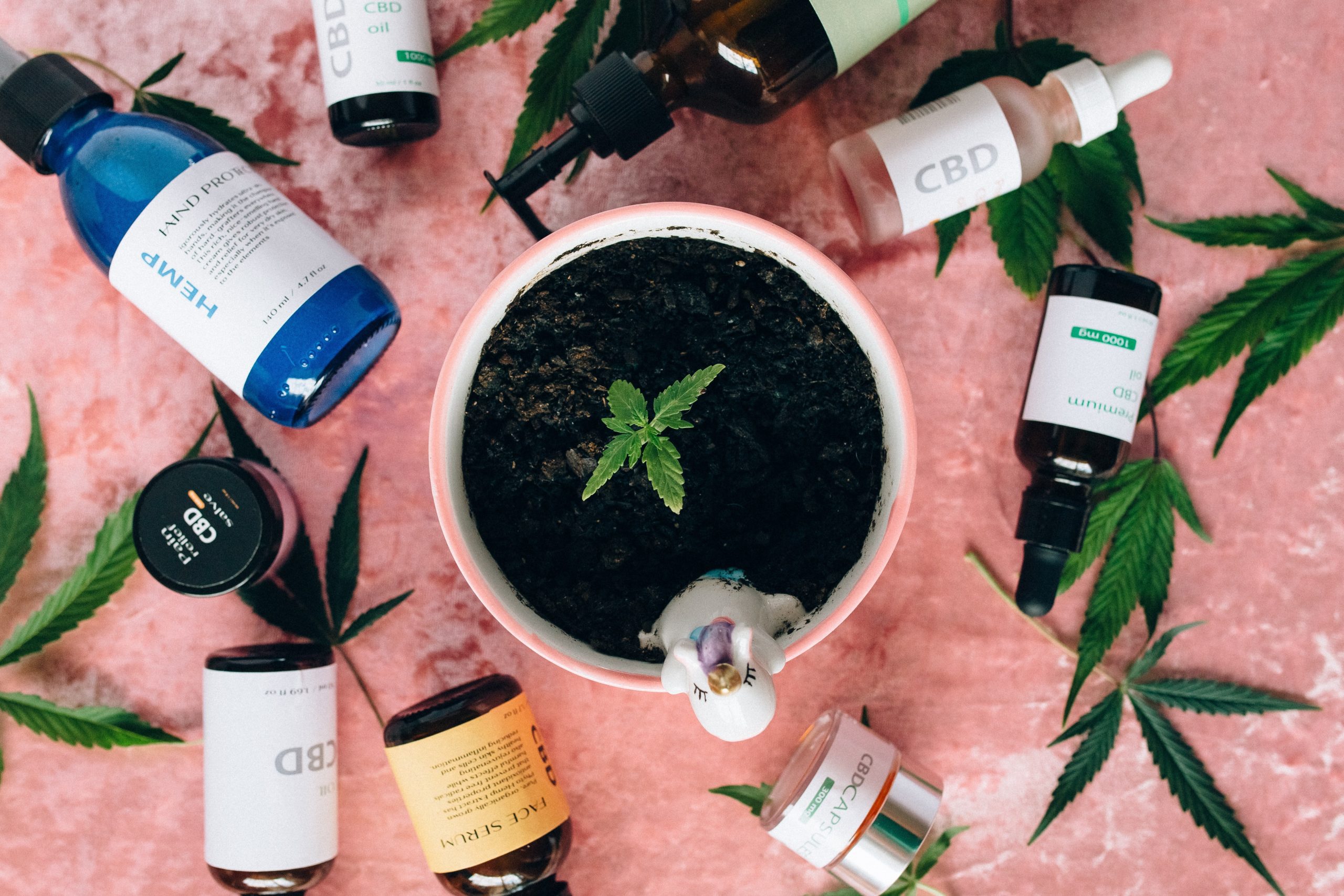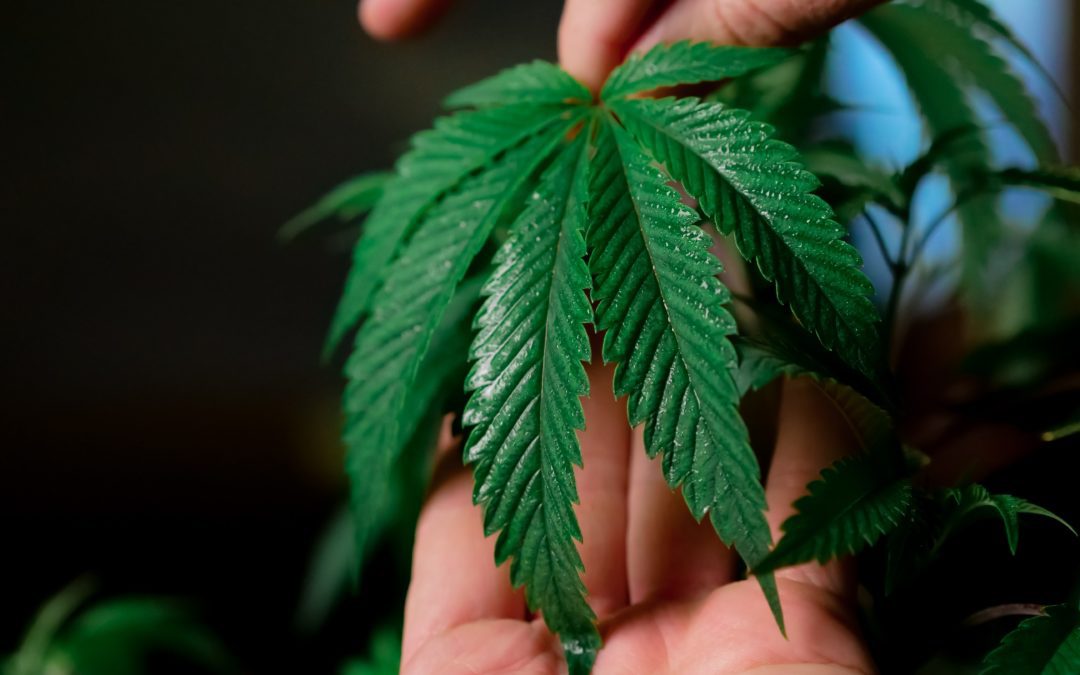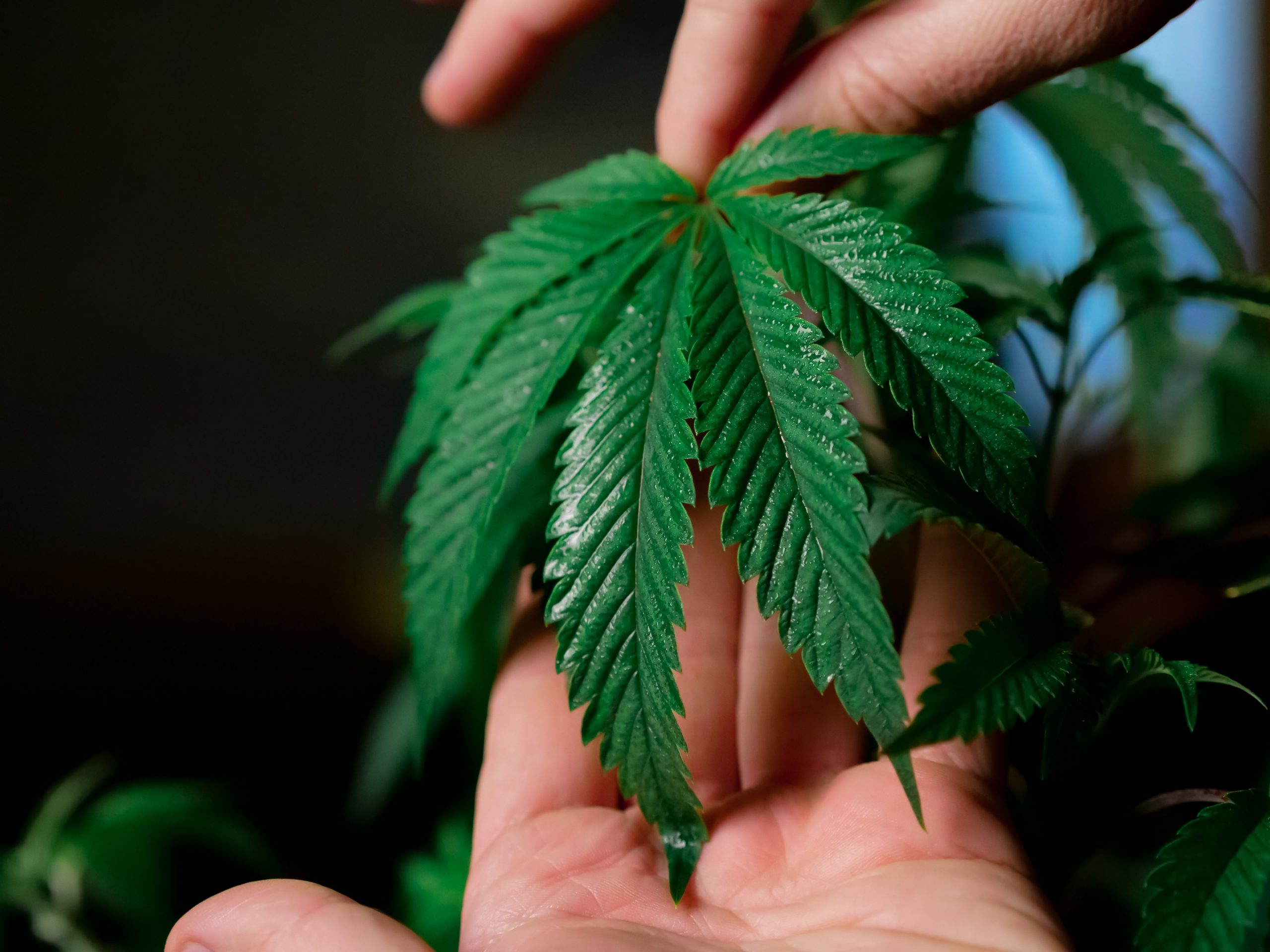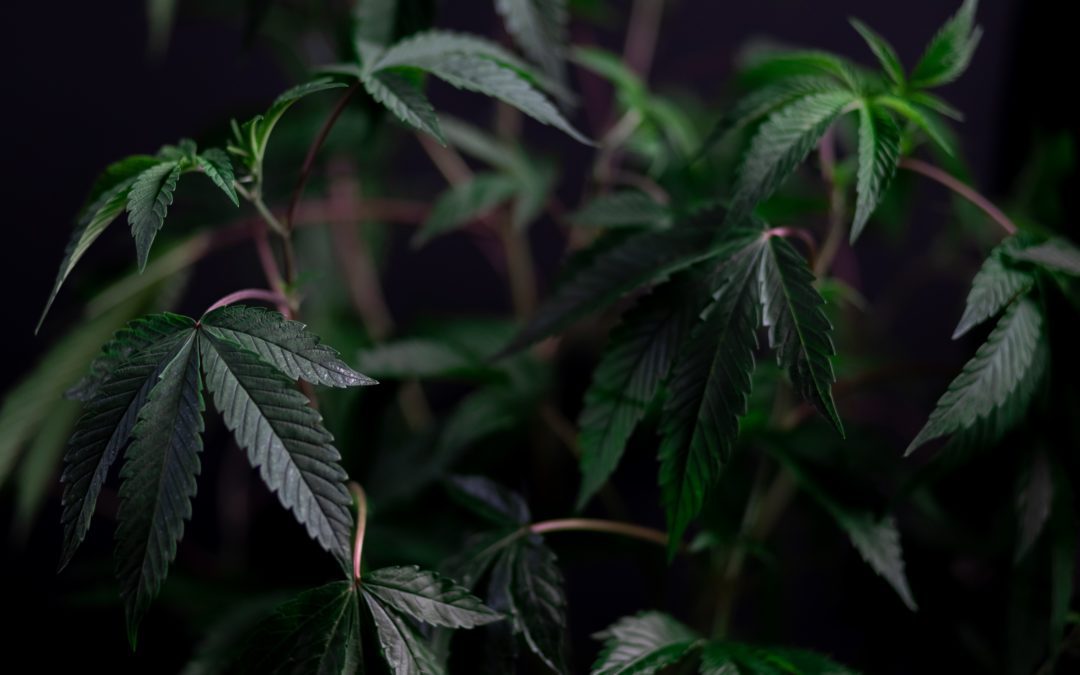
California Legislation Aims to Revolutionize Marijuana Plant Tracking for Environmental Sustainability
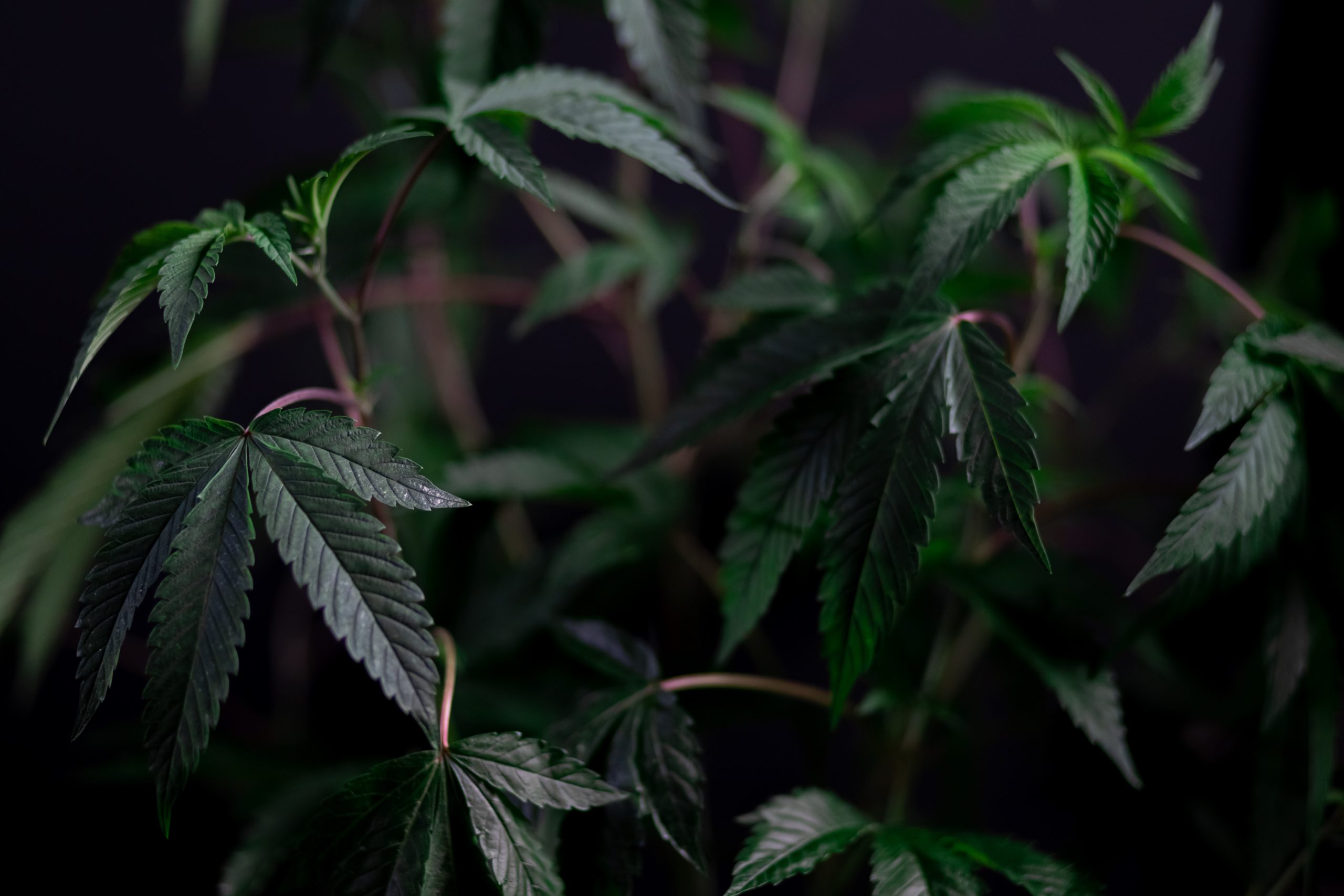
In a significant move towards enhancing environmental sustainability and reducing plastic waste, the California legislature has passed a bill that will revolutionize the way marijuana plants are tracked within the state. Proposed by Senator Ben Allen, this legislation has garnered unanimous support in both chambers, with the Senate recently endorsing it in a final concurrence vote.
While the bill’s text does not explicitly address the current use of single-use plastic tags in California’s cannabis tracking system, industry insiders and cannabis businesses contend that this transition away from plastic tags will not only prevent waste but also save the state millions of dollars.
The existing law mandates the issuance of a unique identifier for each cannabis plant, to be attached at the base of the plant or as otherwise required by regulations. The new bill, if signed into law by Governor Gavin Newsom, would shift the responsibility of determining the unique identifier’s recording method to the Department of Cannabis Control (DCC), giving regulators the flexibility to implement more ecologically sound tracking methods, potentially including digital tags.
Tiffany Devitt, head of regulatory affairs at CannaCraft, a vertically integrated cannabis company, emphasized the urgency of this change, stating, “We eagerly anticipate Governor Newsom’s signature on SB 622, drawing attention to the impact of the past five years: the state has used between 200 and 250 million plant tags, resulting in over 1 million pounds of plastic waste. Astonishingly, this waste carries a price tag of approximately $15 million annually, as the state of California purchases these tags and distributes them to cannabis farms. The most unfortunate aspect of this situation is that these tags failed to fulfill their intended purpose of preventing diversion.”
This shift in policy represents a step forward in addressing not only environmental concerns but also the financial implications of a wasteful system. Policymakers at both the state and federal levels have expressed concerns about the environmental damage caused by illegal marijuana cultivation, including the use of banned pesticides that can harm wildlife. A bipartisan bill in Congress has even aimed to combat illicit cultivation sites in California. However, Senator Allen’s bill targets a different environmental aspect, highlighting how even regulated markets can inadvertently contribute to waste.
Supporters of the legislation include prominent entities like the California Cannabis Industry Association (CCIA), California NORML, Cresco, Humboldt County Growers Alliance, Kiva Confections, Pax, and Project CBD.
In 2021, the California Department of Fish and Wildlife introduced the Cannabis Restoration Grant Program, allocating $6 million in funds from marijuana tax revenue to assist small cultivators in environmental cleanup and remediation efforts.
Meanwhile, as New York prepares to launch its adult-use marijuana program, regulators have proactively endorsed rules to limit plastic usage and promote sustainability in cannabis packaging, aligning with the broader trend towards environmentally responsible practices.
In the California legislature, another cannabis-related bill is now on the cusp of becoming law following a final Assembly vote. This measure would legalize marijuana cafes, allowing dispensaries to serve non-cannabis food and drinks on-site, provided they obtain local approval.
Additionally, the Assembly Appropriations Committee recently approved a Senate-passed bill designed to enhance protections for workers who use cannabis during their off-duty hours. Although the committee incorporated technical amendments to Senator Steven Bradford’s original proposal, the bill is poised to return to the Senate for concurrence if approved by the full Assembly.
In another significant development, the legislature recently forwarded a bill to the governor’s desk that would legalize the possession and cultivation of small amounts of certain psychedelics for adults. This bill also seeks to establish a work group to explore potential regulatory models for therapeutic and facilitated use of these substances, underscoring California’s continued role as a progressive leader in drug policy reform.
In summary, California’s groundbreaking legislation to reform marijuana plant tracking demonstrates the state’s commitment to environmental sustainability and reducing plastic waste. This move not only benefits the environment but also saves the state millions of dollars annually. As the cannabis industry continues to evolve, California’s proactive approach to addressing its environmental footprint sets a precedent for responsible regulation and sustainable practices.
Source: Marijuana Moment
EXPLORE MORE NEWS
Newsletter




